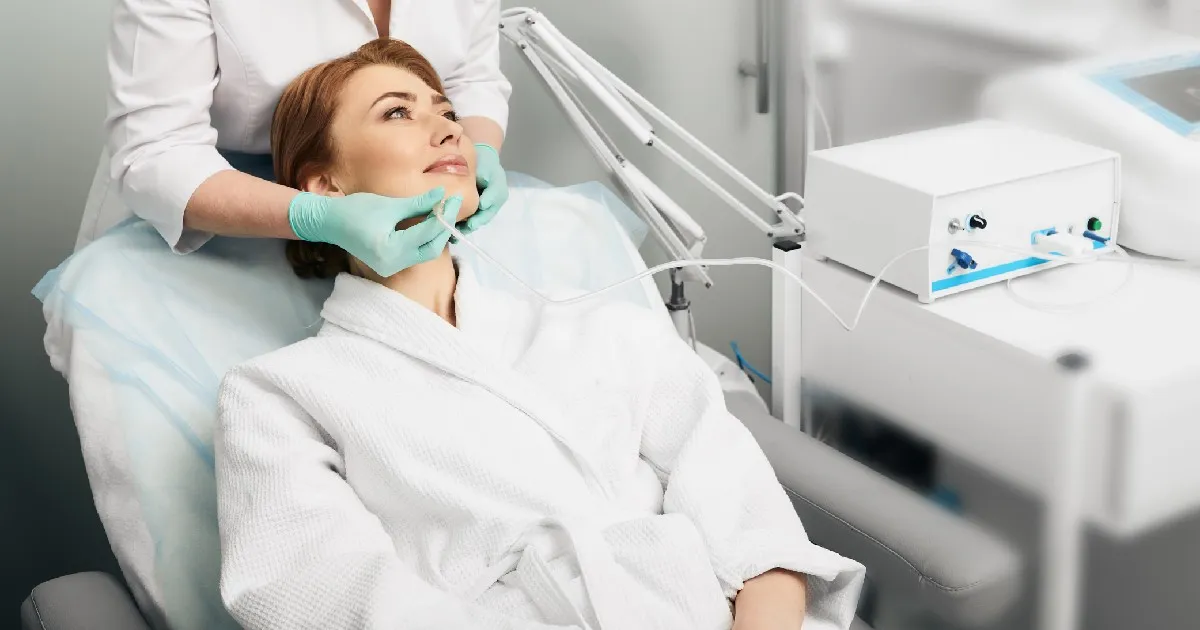Table of Contents
- What is Botox?
- Understanding Erectile Dysfunction
- How Botox May Help with Erectile Dysfunction
- Studies and Evidence on Botox for Erectile Dysfunction
- Potential Benefits and Risks
- Consulting with a Specialist
- Final Thoughts
Can Botox Help with Erectile Dysfunction?
Botox®, widely known for its cosmetic uses, is gaining attention for its potential medical applications. While traditionally used to reduce wrinkles, Botox is now being explored as a treatment for various conditions, including erectile dysfunction (ED). But how exactly does Botox work, and can it help with this common issue? Let’s dive into the science and current evidence.
What is Botox?
Botox, or botulinum toxin, is a neurotoxin derived from Clostridium botulinum bacteria. It works by temporarily blocking nerve signals to muscles, leading to relaxation. While commonly used in aesthetics to smooth fine lines, Botox has FDA-approved applications for conditions like chronic migraines, excessive sweating, and muscle spasms.
Understanding Erectile Dysfunction
Erectile dysfunction (ED) is the inability to achieve or maintain an erection sufficient for sexual activity. It’s a condition that affects millions of men worldwide and can result from a variety of factors, including:
-
- Physical Causes: Poor blood flow, nerve damage, or hormonal imbalances.
-
- Psychological Causes: Stress, anxiety, or depression.
-
- Lifestyle Factors: Smoking, alcohol use, or lack of exercise.
Traditional treatments for ED include oral medications (e.g., Viagra®), lifestyle changes, and in some cases, surgery. However, not all individuals respond well to these treatments, which has prompted the exploration of alternatives like Botox.
How Botox May Help with Erectile Dysfunction
The idea behind using Botox for ED is its ability to relax muscles and improve blood flow. Here’s how it might work:
-
- Smooth Muscle Relaxation: Botox can relax the smooth muscles in the penis, potentially improving blood flow necessary for an erection.
-
- Nerve Signal Modulation: By blocking certain nerve signals, Botox may reduce overactive muscle contractions that could impede erectile function.
-
- Improved Circulation: Enhanced blood flow is key to achieving and maintaining an erection, and Botox’s effects on vascular smooth muscle could play a role.
Studies and Evidence on Botox for Erectile Dysfunction
Research on Botox for ED is still in its early stages. Some key findings include:
-
- Small-Scale Studies: Initial studies have shown that Botox injections into the penile region may help improve erectile function in men who do not respond to traditional treatments.
-
- Promising Results: Participants in some trials reported improved erection quality and satisfaction after treatment.
-
- Ongoing Research: Larger, controlled studies are needed to confirm efficacy and safety.
Potential Benefits and Risks
Benefits:
-
- Non-invasive alternative to surgery.
-
- May work for individuals unresponsive to oral ED medications.
-
- Potential for long-lasting effects compared to other treatments.
Risks:
-
- Pain or discomfort at the injection site.
-
- Temporary side effects such as bruising or swelling.
-
- Uncertainty due to limited long-term studies.
Consulting with a Specialist
If you’re considering Botox as a potential treatment for ED, it’s essential to consult with a qualified healthcare professional. At The RE Clinic, we will:
-
- Create a personalized treatment plan tailored to your needs.
-
- Evaluate your condition and determine if you’re a good candidate.
-
- Discuss the potential risks and benefits.
Final Thoughts
While the use of Botox for erectile dysfunction is not yet a mainstream treatment, early research suggests it may offer hope for individuals seeking alternative options. As studies continue, this innovative approach could become a viable solution for those struggling with ED. Contact us at The Re/ Clinic to schedule a free consultation with a specialist to explore the best options for your unique situation.
Stay tuned for updates as more research emerges on this promising treatment!






